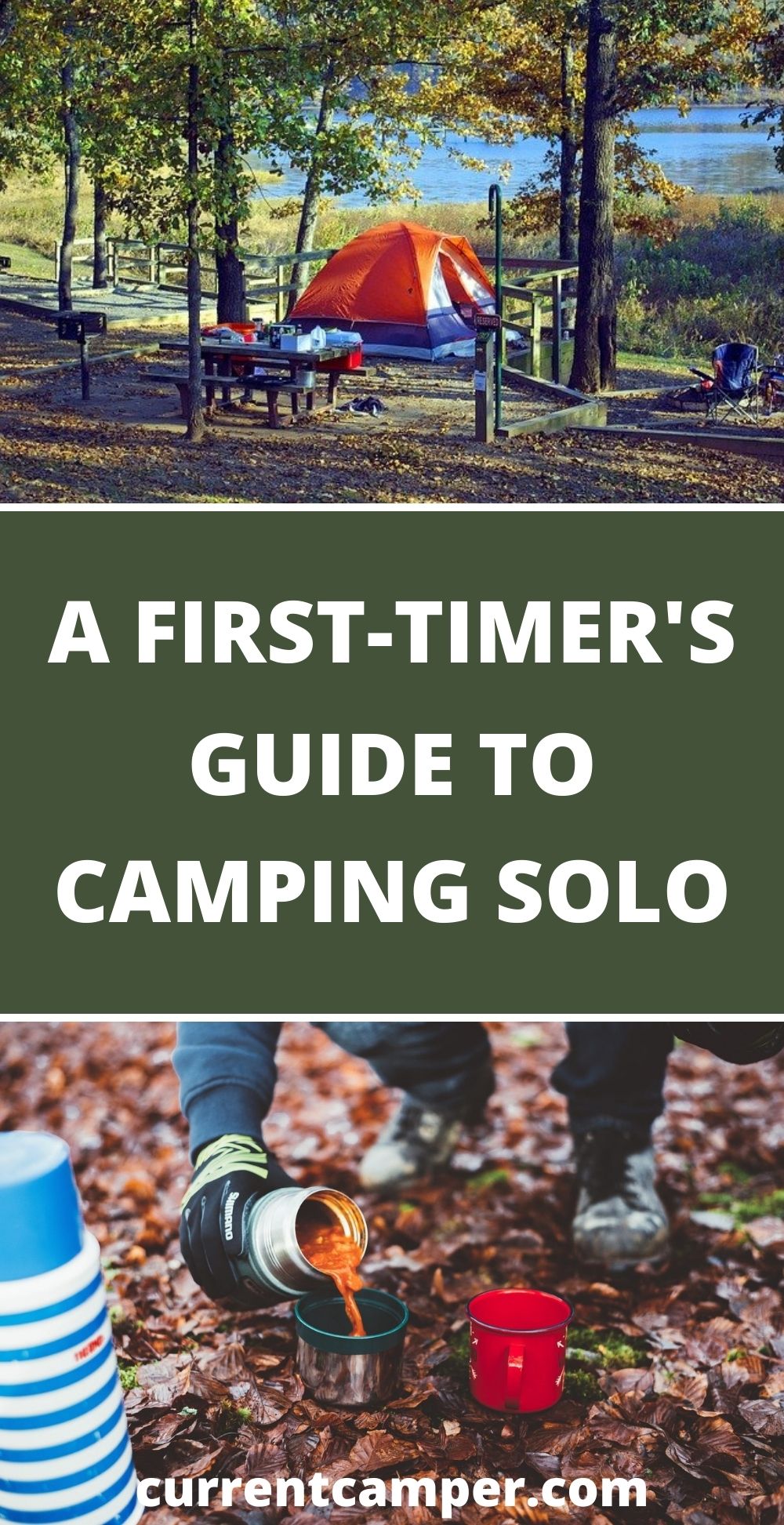Camping with friends and family is always great, but it can be a little chaotic — especially when everyone has different things they want to do and you might find yourself compromising on activities or trails to hike.
You might also have to deal with a few travelers that might not share the same level of enthusiasm for the great outdoors, making things a little less fun for everyone. That’s why so many people often decide to just go camping solo.
If you’ve never gone camping by yourself the idea can be a little intimidating, but no worries —we’re here to help you with a few tips on how to make your first solo trip the best it can be.
Be Prepared
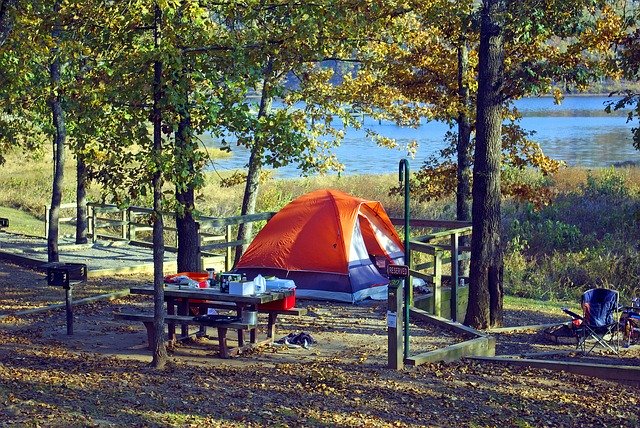
Camping alone, can be a little nerve-wracking, even for season campers. There’s a lot that can go wrong and facing certain challenges solo can be stressful, so you want to make sure you’re prepared before you head out. The best thing first timers can do before testing the waters on their own, is to take a camping trip with a small group of friends.
That way you can get comfortable with the basic survival skills and with your camping gear. The last thing you want to do is learn on the fly, because it’ll be the quickest way to possibly ruin your trip. Before you head out on your own you’ll want to make sure you’re comfortable setting up camp, building a fire and even dealing with possible injuries, all while remaining calm.
Plan Ahead For Camping Solo
Camping alone can be very rewarding, but the one of the most important aspects to making the trip a memorable one is what you do before heading out. Planning is key to making sure everything goes as smoothly as possible once you’ve hit the road.
Whether it’s creating a checklist for your gear, mapping out your hikes or even planning out your meals planning will make things a lot easier once you’ve started your trip. It will also help relieve some of the stress that can come from being unprepared. This way you’ll be able to enjoy more of your activities or hikes than worrying about whether or not you packed the right gear.
Emergency Contact
When camping solo, or even with a group, a good rule of thumb is to hope for the best but plan for the worst. The reality is that anything can happen when you’re enjoying the outdoors. That’s why it’s important to always pack a first aid kit and make sure to communicate your plans and schedule to someone else before heading out.
Before leaving on your trip, you’ll want to make sure to communicate you’re plans with either a friend or family member. Sharing with them a detailed map of where you’re going, where you’re staying and what activities you may have planned. You will also want to create a schedule to check-in with them, whether it’s on a daily basis or by a certain date, that way should anything happen someone can sound an alarm if they don’t hear from you.
Do A Test Run
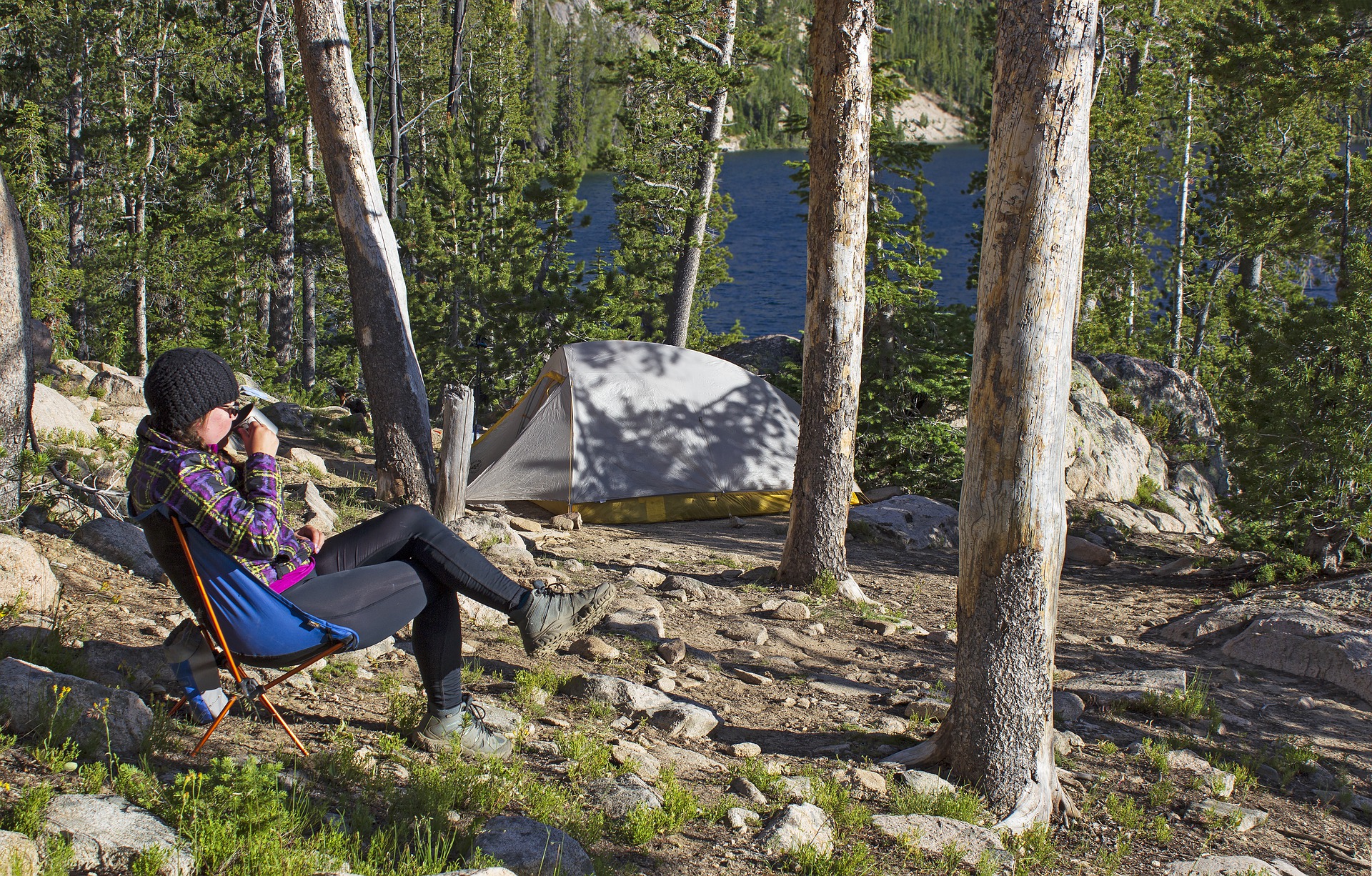
When camping alone for the first time, it’s a good idea to do a test run at a familiar camping spot or even a location close to home. That way if things don’t go as planned you can either pack up and head home or you will at least know your way around the area. Another great idea is to visit the area you might be camping at on a day trip prior to the official day. That way you’ll be somewhat familiar with the area.
READ MORE: 5 Different Types of Camping for Campers
Check the Weather
Checking the weather forecast before a camping trip is a must. You want to be prepared for the elements while you’ll be outdoors, otherwise it’ll will certainly ruin your trip. However, if you’re prepared with the right gear and equipment a little rain or even snow won’t be a such a big deal.
Prior to your trip you’ll want to start following weather updates at least two weeks in advance. The Weather Channel’s app is a great resource, so are any local news channel apps which will not only have weather updates, but also informative information on the area.
What should you pack?
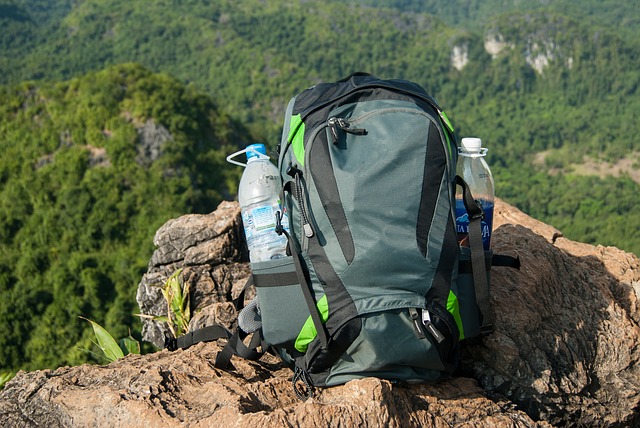
Since you will be traveling alone, you’ll only need to pack your own essentials and gear. Here is where a checklist will come in handy, that way you’ll be sure to not forget anything. The last thing you want to do is find yourself in the middle of nowhere with limited items.
There are a number of checklist templates online that are extremely thorough and some that just list the basics. Just make sure your personal packing list contains at least the following items:
- Toothbrush & toothpaste
- Sunscreen
- Sandwich bags
- Slippers
- Clothes for all types of weather
- At least two pairs of socks (an extra if the ones you’re wearing get wet)
- Cell phone and/or satellite phone
- Power bank
- Padlock
- First aid kit
- Headlamp
- Tent
Keep your packing list practical according to the duration of your trip, but be prepared for a variety of weather conditions and situations.
Know Your Tent
If this is your first camping trip you’ll want to make sure you’re familiar with your tent and how to set it up before your trip. The last thing you want to do after a long day of hiking is trying to figure out how to build a tent for the first time. Practice setting up your tent in the yard or even in your living. The more times you practice setting it up and taking it down the easier it’ll be when you’re on your trip. You will also want to make sure that your tent is comfortable, water-resistant and will serve as a solid shelter for you in extreme weather.
Plan Your Meals
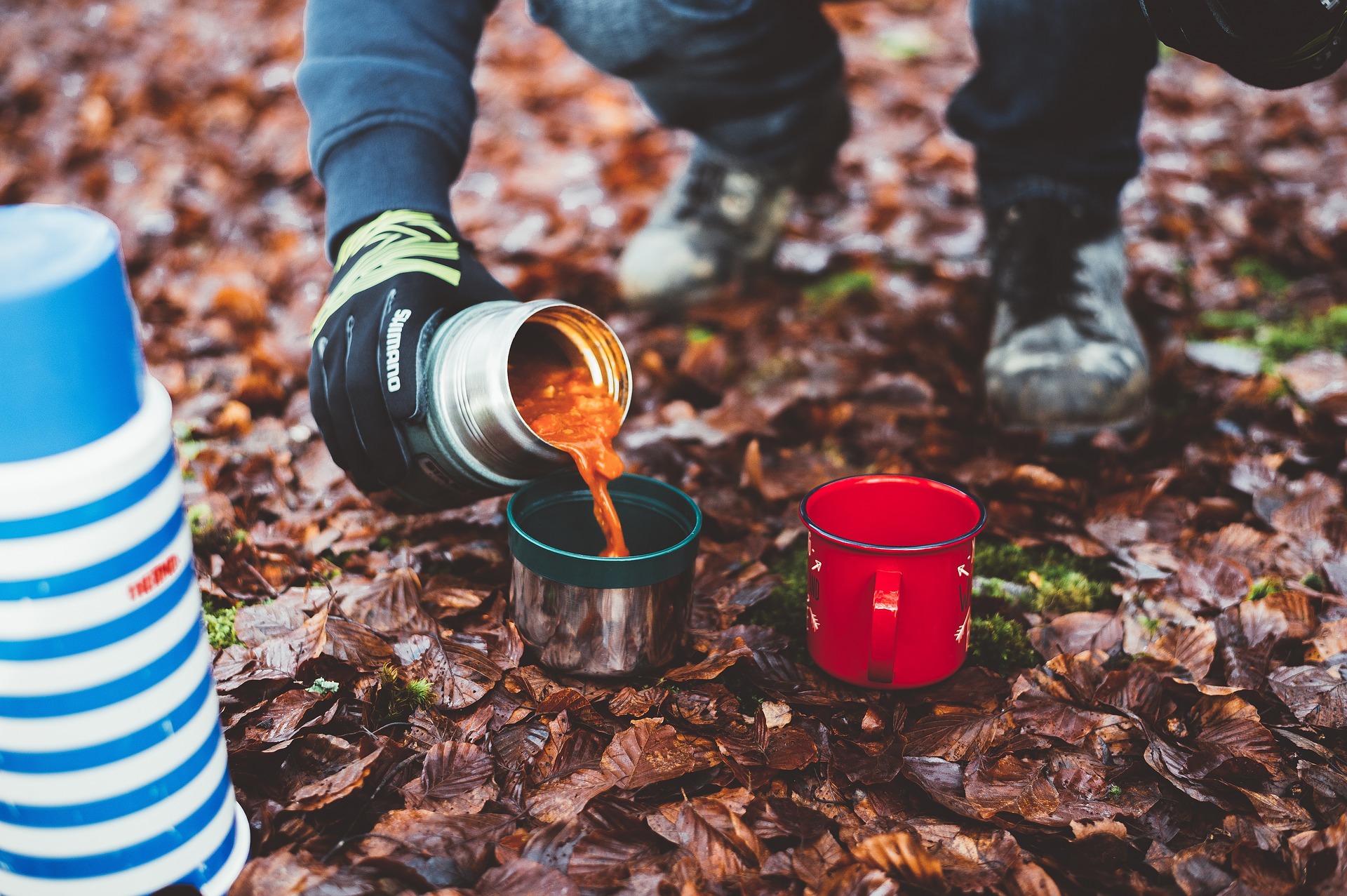
Another great thing to do before your trip is plan out your meals, figure you if you’ll be cooking every day, packing ready-to-eat meals or if you’ll be eating at local restaurants some days. Figuring this out will also affect your packing list. If you’ll be cooking every night you’ll have to bring along a cooler to store your food, some pots and pans and possibly other supplies.
The truth is you may not be in the mood to start cooking after a long day hiking or exploring, so make sure you plan out what you’ll be doing about food during your trip.
Have Fun
Camping solo can be an amazing and fun experience. It can also help you become more self-sufficient and force you to step out of your comfort zone, but you have to be prepared. Otherwise, it won’t be an enjoyable experience and potentially dangerous. T
hat’s why you want to make sure you do the necessary prep work ahead of your trip, so that once you’re out there things go as smoothly as possible.
READ MORE: Guide: Tent Camping for Beginners
Pin it for later!
